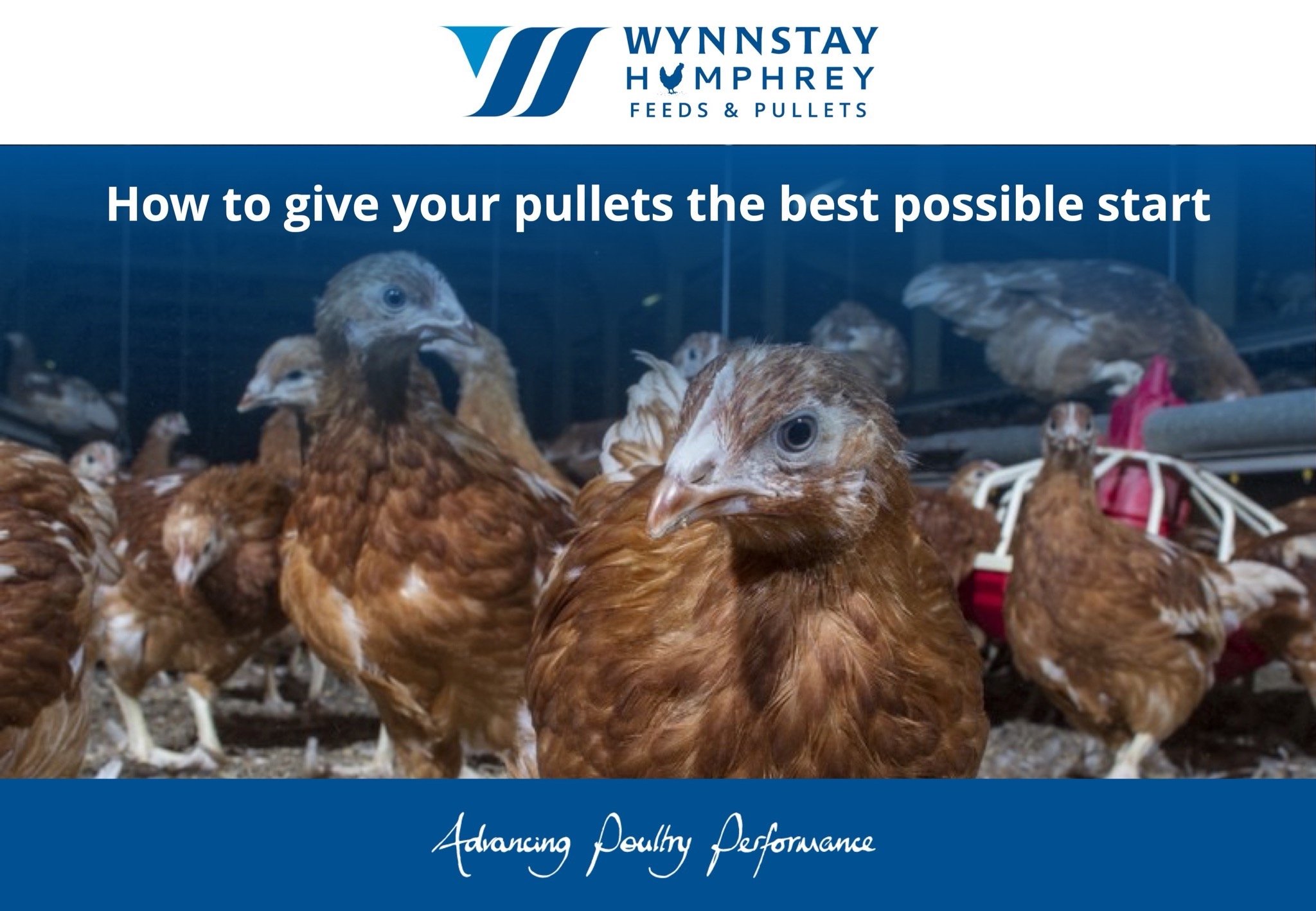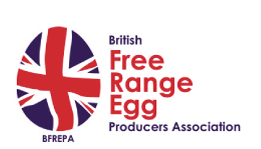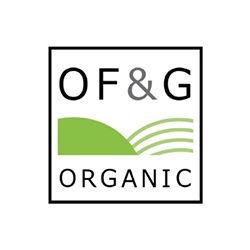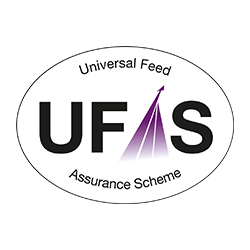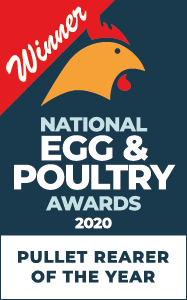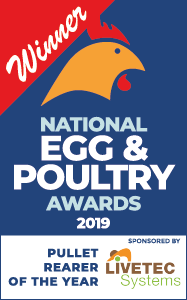Cast your minds back to 23 June 2016 when we heard the news that the UK had voted to leave the European Union (EU) after 43 years; 52% leave, 48% stay. This was followed by a press conference where David Cameron announced he would resign as Prime Minister to allow a government to form who were behind the public result. The pound then fell to its lowest level in 31 years.
Now, 1,651 days and two Prime Ministers later, Boris Johnson proudly told the world that we do have a free trade deal agreed with the EU. On 30 December, this deal was passed overwhelmingly by MP’s, 521 to 73.
The news rallied the FTSE markets to a 9 month high, pushed the GBP up to 1.36 against the USD, an 18-month high, and against the Euro was up 0.6% to 1.11. This is still lower than the levels which we saw pre the Brexit vote of 1.46 and 1.27 as an average, but economists believe once we move further into next year, and with the prospect of Covid vaccines allowing the UK economy to begin its recovery, we will continue to gain more ground on those levels.
The deal still has some details which need to be worked out, mostly surrounding data sharing so negotiations will continue into the new year.
As most news sources have reported, fishing became the biggest bone of contention and this has been agreed but only for a five year period. Effectively the EU will scale back their fishing in UK waters, with the UK taking back full control from 2026 at which point they could, in theory, ban any EU fishing, however, this would be unlikely as the EU could then retaliate by imposing taxes on UK fish effectively resulting in a trade dispute which neither side wants.
There will now always be the risk, as with any international trade deal, that if either sides changes something which the other party does not agree with, trade disputes will occur.
In summary though, this deal means that the UK and EU will continue to trade with each other with no tariffs or quotas in place. There will be greater customs checks, despite there being no change in taxes which may cause delays at ports, but the government has said these will be eased in over a six month period to allow people to get used to the new ways of working.
This break away does also give the UK more scope to negotiate free trade agreements with the likes of the US, Australia and New Zealand, which currently all have quota agreements with the EU.
The UK has made great progress already agreeing trade agreements outside the EU with the likes of Japan, Iceland, Canada and South America which total £85.14 billion worth of trade (based on 2019 figures).
Of course, there were some concessions to be made by the UK. Freedom to live and work in the EU will come to an end and be replaced by visas, UK residents will no longer be exempt from EU mobile data roaming charges when abroad and the only meat allowed to be exported to the EU must be frozen.
How will the deal impact feed prices?
Of course, the rally in currency would have helped us in the UK, however, we are still part of a global market and at the same time the deal was passed, strikes in Argentina by port workers meant delays in loading vessels by up to two weeks which rallied the market. This impacted the soya, corn and wheat markets. Export bans by the likes of Russia on wheat from the end of January has also made global Q1 wheat logistics tight, meaning we have seen our UK wheat price firm instead of drop back as was hoped.
Having said that, these are short term issues and looking at the longer term picture, the free trade agreement will undoubtedly mean that we avoid certain scenarios. The UK still needs to import circa 1 MlnT of wheat for January through to July and if we would have needed to source that in a quota system or with the proposed WTO tariffs attached, that would have made for a potentially dire situation.
In terms of feed quality, the UK and EU have agreed to continue to work to those same guidelines and the AIC in the UK has confirmed that they will continue to recognise overseas assurance schemes as they always have done, unless they have a reason not to.
2021 will be a difficult year with many changes, for many reasons, but this deal is a huge step forward and finally gives the clarity which we have all craved.
For more information please email feeds@hfandp.co.uk or call 01962 764 510.



